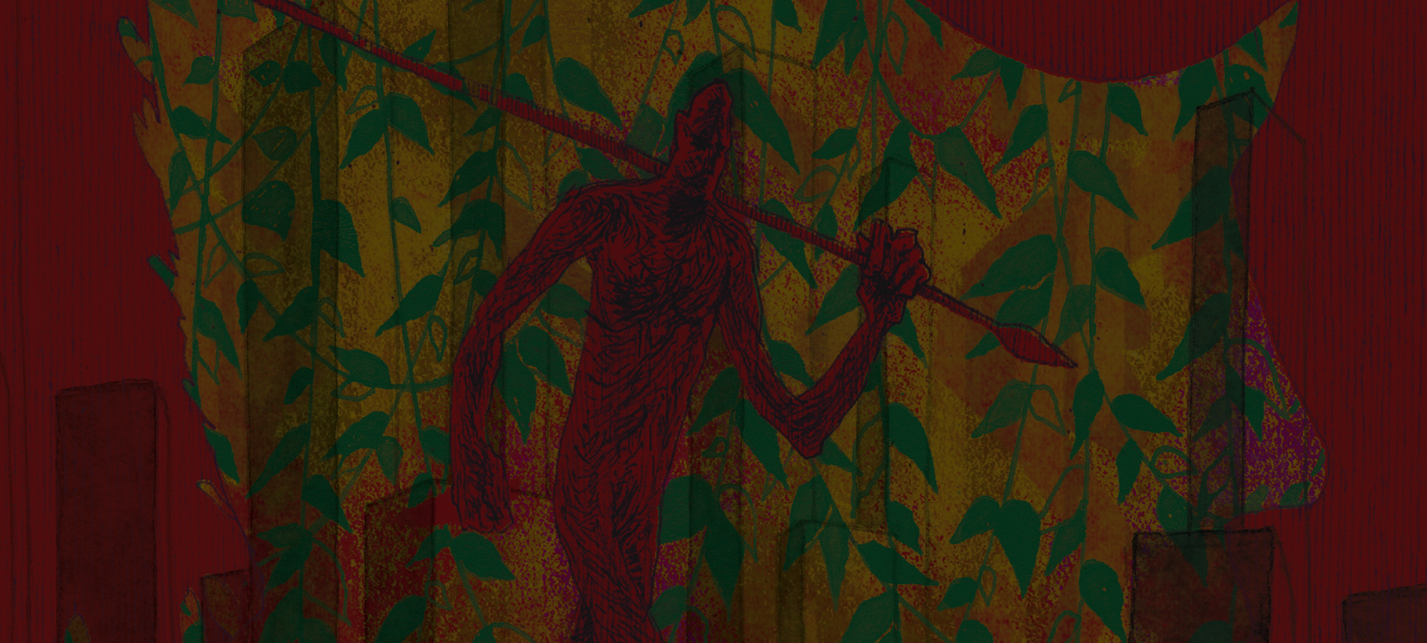
‘Shikari’ by Yashwant Chittal is set in the concrete jungles of Mumbai and weaves together the high-stake conspiracies of the corporate world. Through Nagappa’s story Chittal reveals a fiercely competitive arena where Man’s primordial instincts surface, and the line between the hunter and the hunted is often blurred.
Here’s an excerpt from the book.
As the situation he found himself in began to make some sense to Nagappa, he recalled K, the hero of Kafka’s novel The Trial that he had read years ago. Just like it had happened with K, somebody must be spreading false rumours about him. Or why would this bizarre order from the personnel and administration manager come yesterday morning, when he was getting ready to go to work? The thought unnerved him.
You have been suspended with immediate effect due to serious charges against you. You will be informed of the charges at the earliest. You have been ordered not to attend the office till such time
that we inform you about them. The order was very clear. And it had come with a piece of advice: With the view that you are not adversely affected in any way in the event of the charges being proved false, it is in your interest to apply for a month’s leave immediately.
Nagappa had sent in his leave application. But he now faced the predicament of having to hide from others the real reason for his forced leave. He wracked his brains for a plausible explanation he could give, but couldn’t think of any. And then there were these ‘charges’. The more he tried to think what they could possibly be, the more intriguing the whole thing appeared to him.
For a moment, he wondered if it was all a terrible mistake. He couldn’t somehow bring himself to believe this was really happening to him, because he was to leave for America in a couple of months for higher training—something he had dreamt of for years. And now this, when he was eagerly waiting for the day.
A thought occurred to him: Was being selected for the training the very reason for this sudden turn of events? As time passed, he became convinced that was the case. What had started as a vague suspicion began to appear like the truth. This meant Phiroz still harboured that old hatred towards him. This’s surely part of some vicious plot hatched by that Machiavellian manipulator . . . that evil politicking bastard . . . the son of a bitch Number One! Nagappa thought. Things would become clearer if he could somehow find out what the charges framed against him were. Now he could do nothing but wait for further information from the personnel and administration manager.
He found the wait unbearable. He became suddenly and acutely aware that he had nothing to do. He shuddered. The question of what to do with his time had never bothered him before. But now, empty hours stretched before him, directionless. He recalled reading in a book on psychology that one of the greatest problems the human mind finds difficult to grapple with is the structuring of time.
Suppressing the waves of amorphous panic that threatened to engulf him, he tried to define it and give it some shape. But the more he tried, the more it seemed to gain an upper hand. He shook inwardly, uncontrollably. He spent the day analysing each passing mood and thought and recording it. And his chronicling continued:
Comment 1: This is the second day of my forced leave. The thought that came to me as I woke up: If I keep thinking about this problem, I might either end up in a mental asylum or committing suicide. Both are ways of running away from the situation—attempts at alienating myself from the world.
Is the constant act of analysing the meaning of life a sign of a profound inner search or of losing faith in life—in one’s very existence? Isn’t embracing life with enthusiasm and living with a sense of commitment a natural instinct? Isn’t it the very wellspring of life’s process?
Why does this question, that doesn’t seem to bother millions of other living beings, constantly trouble me? Maybe it’s not because of my philosophical bent of mind, which I secretly take pride in, but because I have no zest for life. I think the very wellspring that energizes my being has run dry. Maybe it’s meaningless to search for the meaning of life. How can you search for something that doesn’t exist? This so-called ‘meaning’ is something we’ve invented. And then, how is creativity possible when there is no zest for life? How can the creative impulse spring in this arid desert?










